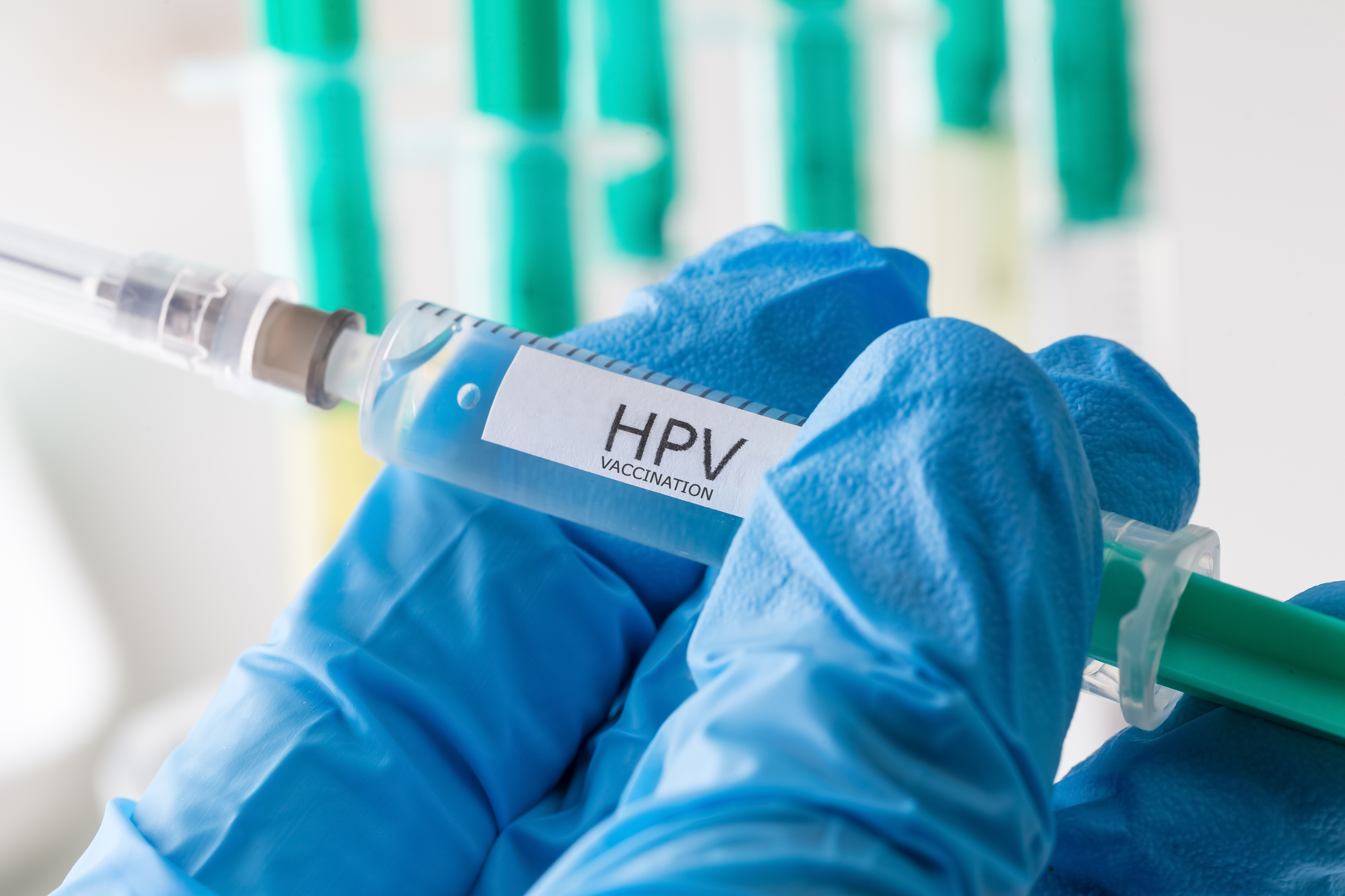
In the United States, around 80 million people carry the Human Papillomavirus (HPV), and every year around 14 million people become infected.
If you have a pre-teen child, chances are you’ve already heard about the HPV vaccine. You may be apprehensive about whether it’s the right choice because of recent debates about vaccination. If you have a son, you may be wondering whether he even needs the vaccine. We’re ready to set the record straight.
What is Human Papilloma Virus?
HPV is a sexually transmitted infection that both men and women can carry. It can cause genital warts and cervical cancer, as well as other cancers including cancers of the vulva, vagina, anus, penis, and throat.
Why Does My Child Need the HPV Vaccine?
The vaccine is an important measure in a child’s life to prevent infection and help curb the spread of HPV. Many of the cancers mentioned above caused by HPV can be prevented by the vaccine. The vaccine works best when given before someone is sexually active so that if exposure happens later on, your child will already has antibodies to the virus. The HPV vaccines cover 4 strains of the virus — the ones that cover 70% of cervical cancer-causing HPV and 90% of genital warts-causing HPV.
Though the vaccine used to be solely for girls, intended to reduce the risk of cervical cancer, it has recently been extended to boys as well. The HPV vaccine can prevent some cancers, such as anal or prostate cancer, and genital warts in men. The vaccine also prevents the spread of HPV to women, who are at risk for developing cervical cancer. Both girls and boys should get the vaccine around 11 or 12 years of age. If your child is already a little older than 11 or 12, he or she can still get the vaccine; contact your pediatrician for more information.
Are There Any Risks?
There are very few risks associated with the HPV vaccine, and the chance of being allergic is extremely slim. The CDC’s Immunization Safety Office has said that the HPV vaccine has been shown to be as safe as meningitis and Tdap vaccines. The CDC has a rigorous process for determining if a vaccine is safe, and they have created a handy infographic for parents that explains how it works.
The most common side effects of the HPV vaccine that have been reported to the Vaccine Adverse Events Reporting System (VAERS) were fainting while having the shot administered and pain at the injection sites for a few days. Both side effects are very rare.
Information About Getting the Vaccine:
Doctors recommend HPV vaccination around ages 11 or 12, for both boys and girls. If you’d like your child to receive the HPV vaccine, contact the RBK Pediatrics office today by phone or online to schedule an appointment.